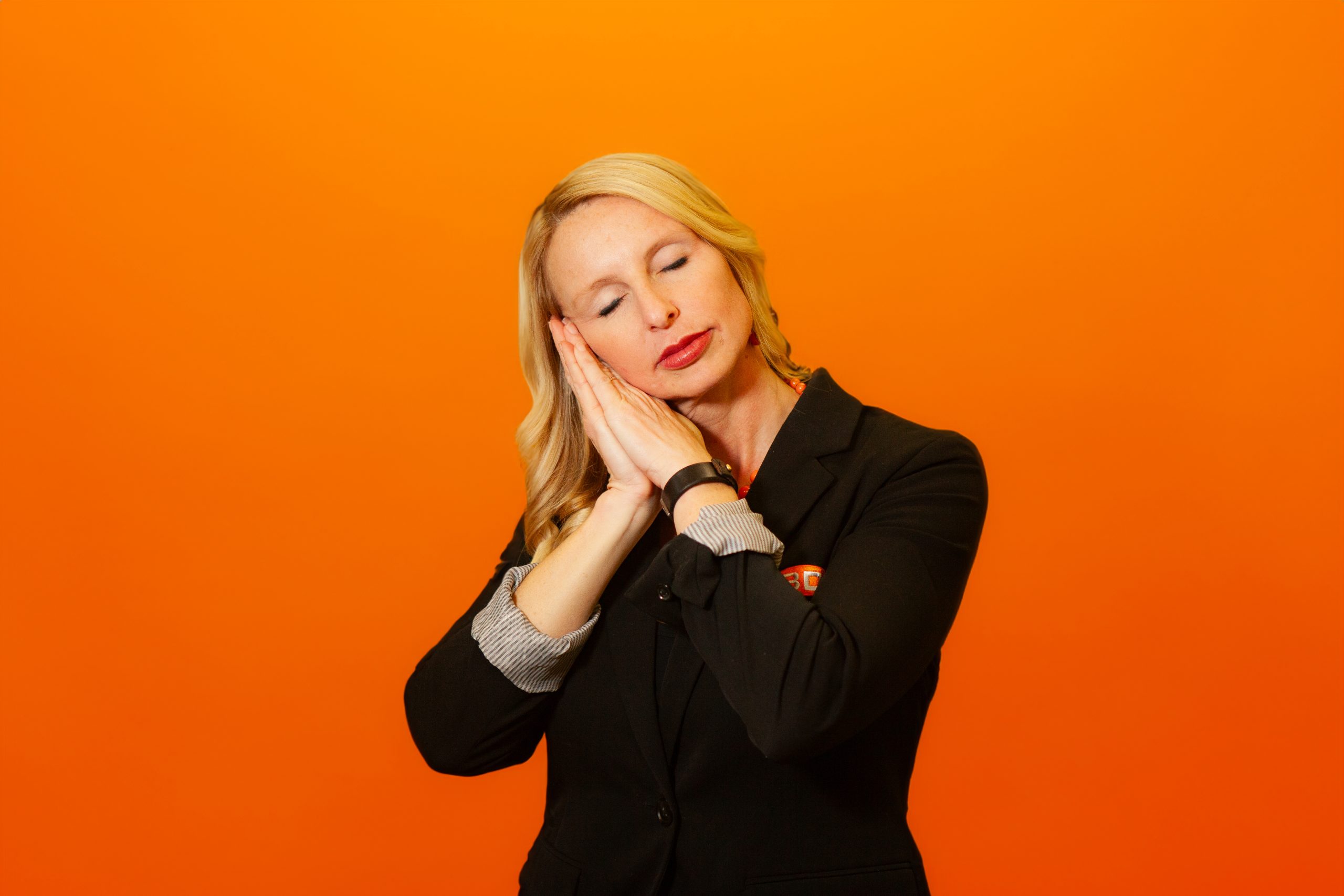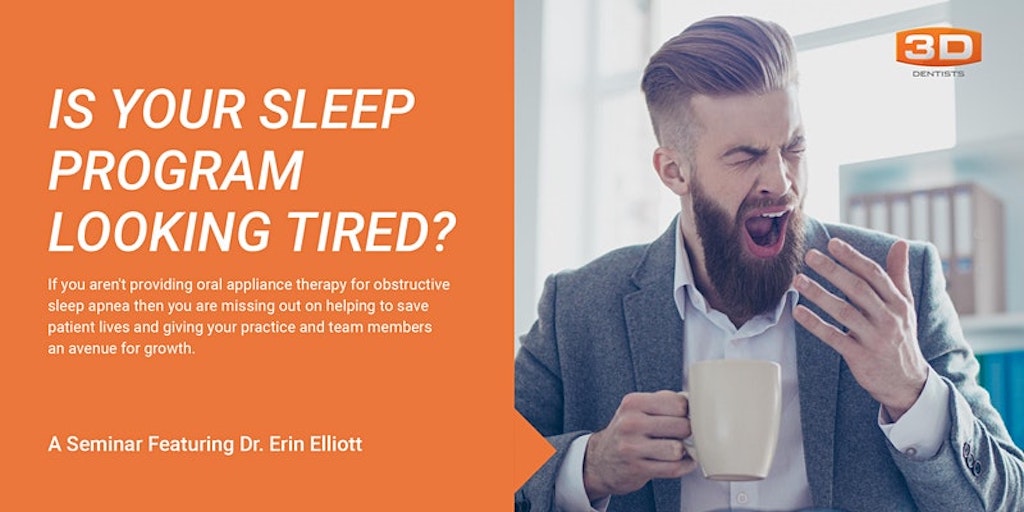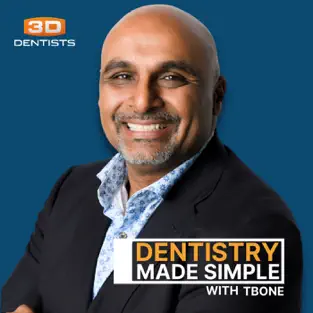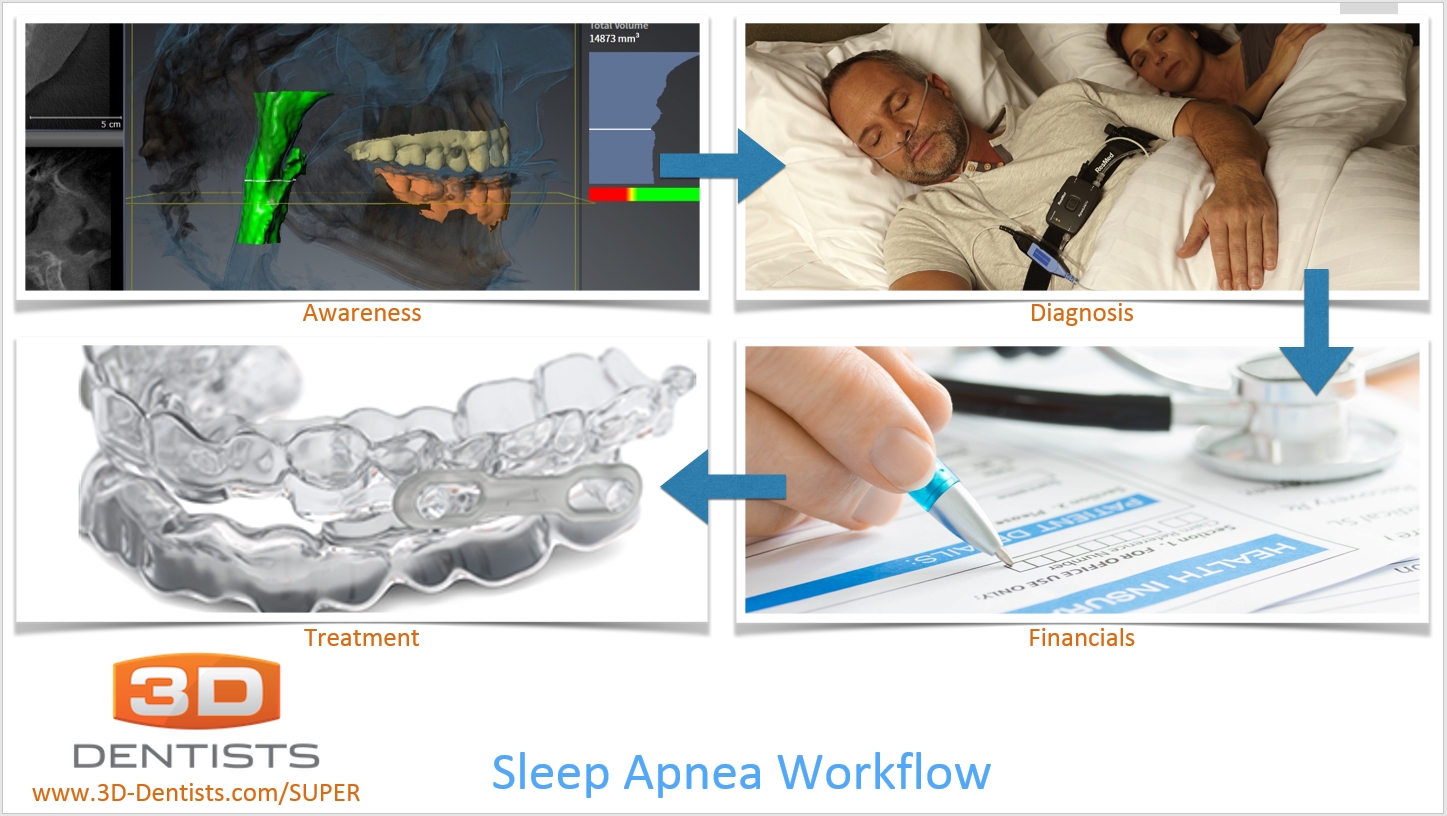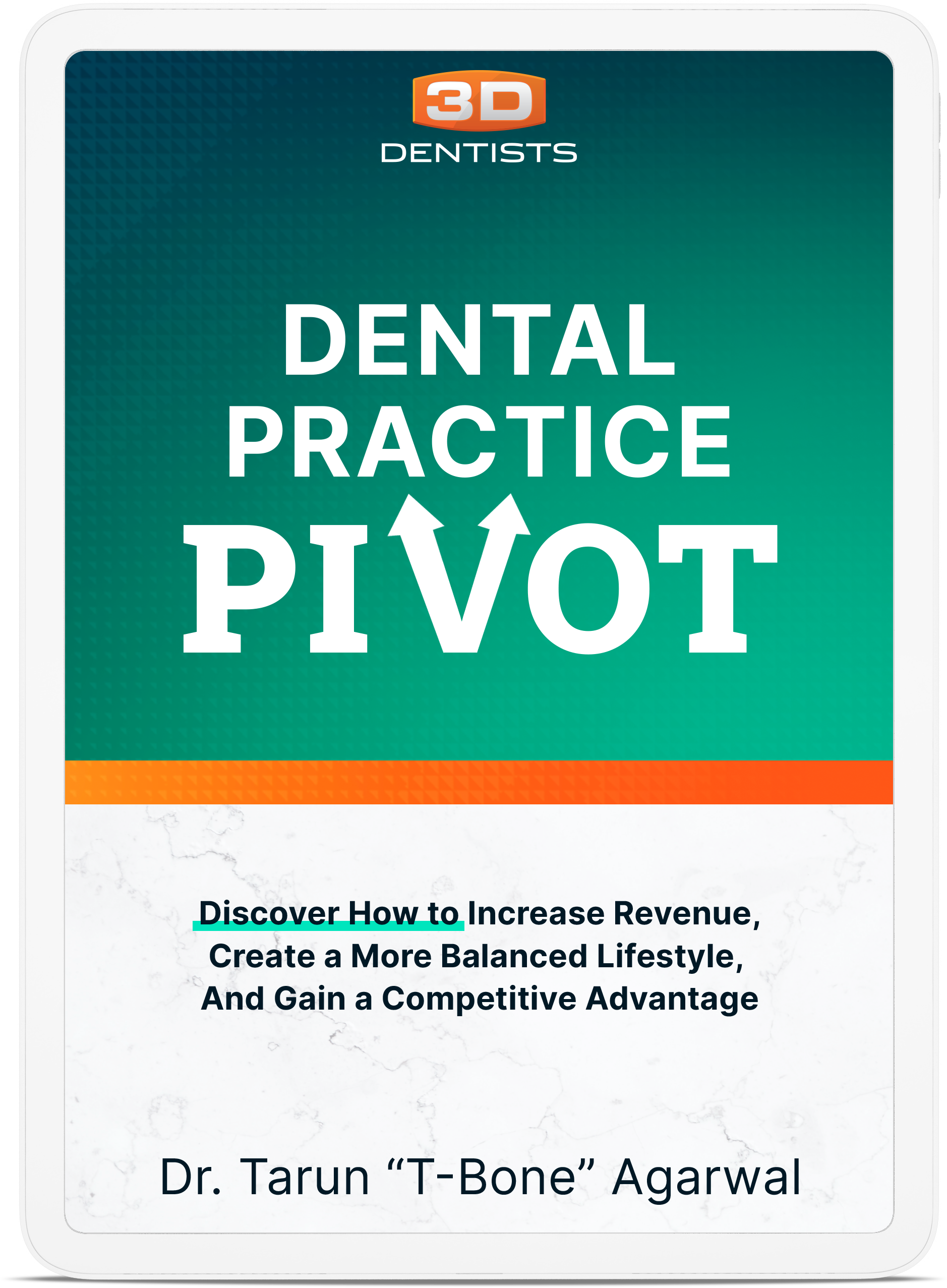“I asked 100 dentists this question and the top 5 answers are on the board. The ADA published its official policy statement in 2017 in which ‘Dentists are encouraged to screen patients for SRBD (Sleep Related Breathing Disorders) as part of a comprehensive medical and dental history to recognize symptoms such as obesity, retrognathia, or hypertension…’ [1] What prevents more dentists from screening their patients for sleep apnea?” Ding, ding, ding.
While I have heard every excuse in the book the most common answers are probably some of the ones that came immediately to mind for you, the reader.
- Medical insurance. Yes. I will agree that medical billing can be cumbersome and frustrating but what has two thumbs and can reassure you that it IS possible? This girl! You do not have to bill medical insurance to help the patients that are in your practice today. Just like we sell clear aligner cases or veneer cases without the aid of insurance, patients can pay for sleep apnea appliances FFS.
- It’s boring. Many dentists think that because it’s not surgery and because it doesn’t involve a handpiece, it’s not exciting. I am here to tell you that if you are a nerd like me and love putting the pieces of the puzzle together and helping patients connect the dots as to why they are not feeling the best version of themselves, you will love sleep. Taking a bunch of data from their sleep study and connecting symptoms and anatomy and telling them their story AND offering a treatment solution is my favorite part. Doing a buccal pit filling is certainly satisfying but changing someone’s life? Priceless.
- I’m busy as it is. True. There is a lot of restorative dentistry to be done. But what are you busy with? I will tell you that this is my greatest weakness. We are so busy at the office with hygiene, fillings, crowns, extractions, etc that it is hard for me to implement a new service. As soon as I realized that if I set aside production time for something important, I make up for it in the long run. Plus, 90% of a sleep apnea program is delegatable. YOU, the dentist, do not have to do it.
- Side effects or bite change. I’m not sure how dental school brainwashed us so well but for some reason we all think that class I canine guidance can cure cancer. I am here to tell you that a bite change is a potential side effect. We don’t promote them and we try to prevent them but they can happen. A bite change that most patients don’t even notice vs. oxygen? I’m going with oxygen every time.
- I’m out of excuses. We as health care professionals should ALL be screening our patients.
If >20% of the population or 30 million adult Americans suffer from sleep apnea and ~80% remain undiagnosed, then that means there are patients walking into your practice every day that need our help. I would go so far as saying that you don’t even need a physician referring to you to have a successful sleep program. And the number of undiagnosed sleep apneics will continue on an upward trajectory.
Even more staggering is how many dentists there are and how so few are screening or treating their patients for sleep issues. The ADA website reports there are more than 200,000 dentists licensed in the United States. And 2017 Frost and Sullivan’s findings say that 100 dentists account for 34% of Oral Appliance Therapy treatment[2] and only 75 dentists have established practices focused solely on only Dental Sleep Medicine. An Inside Dentistry survey discovered that 38% of dentists surveyed offer sleep treatment but only 5% treated more than 5 cases per month[3]. So let’s reframe this and give the top 5 reasons as to why you SHOULD treat sleep apnea in your dental practice.
- Your patients need it and the medical world is missing it.
- Your team can do the heavy lifting.
- There are 100s and 100s of patients within your own practice right now.
- Professional satisfaction.
- It’s profitable.
[1] American Dental Association. (2017). Council on Dental Practice- Dentistry’s Role in Sleep Related Breathing Disorders. Council on Dental Practice- dentistry’s role in sleep related breathing disorders.
[2] Frost & Sullivan. The price of a good night’s sleep: Insights into the US oral appliance market [Internet}. Darien, IL: American Academy of Sleep Medicine; 2017.
[3] Mazda, J. (2019, January). Trends In Dentistry January 2019 Page 16. Inside Dentistry.

